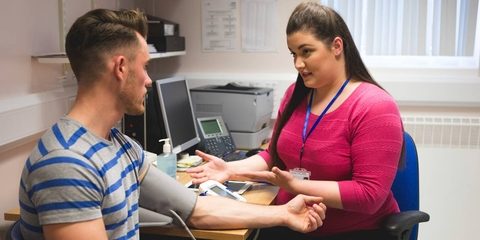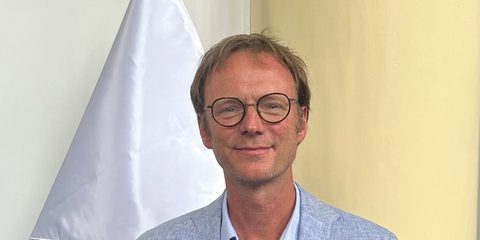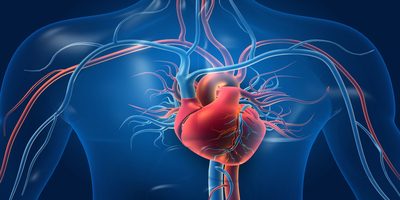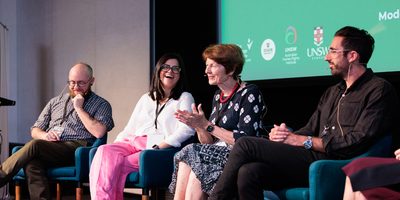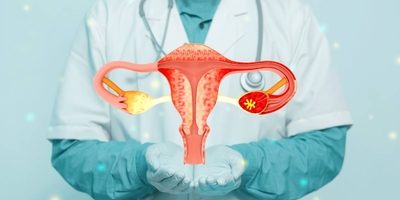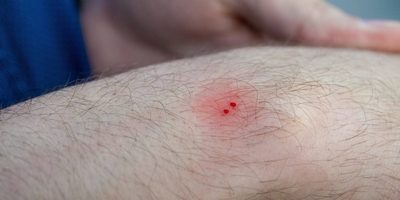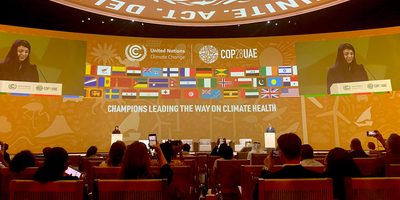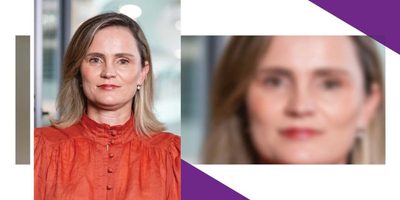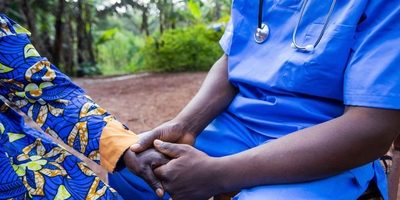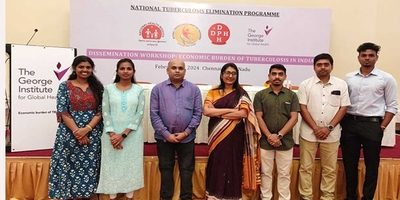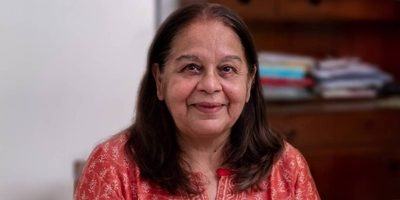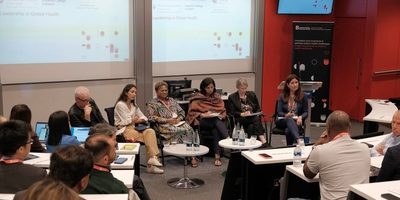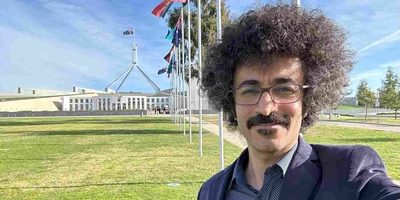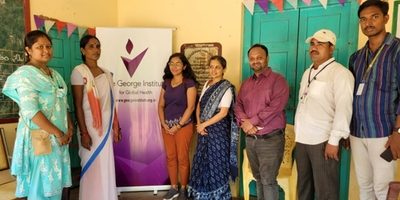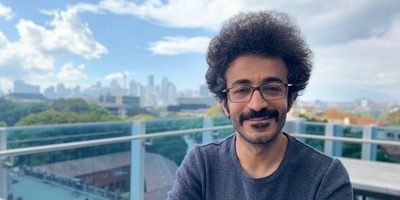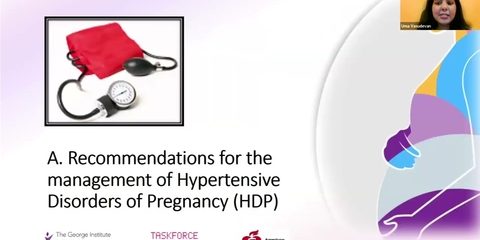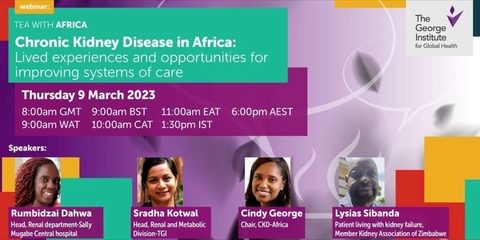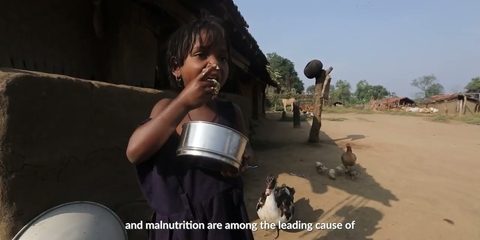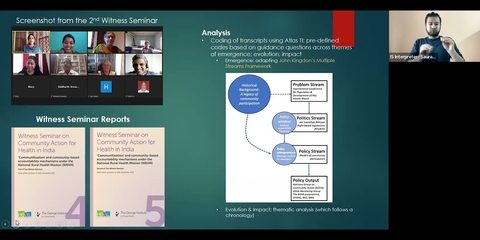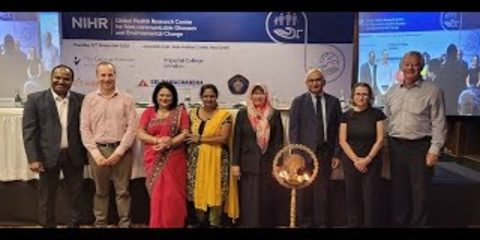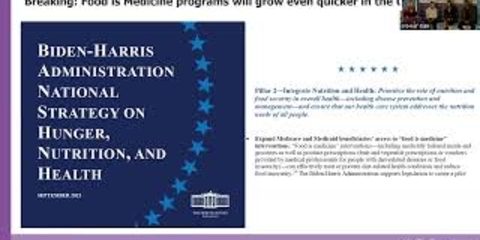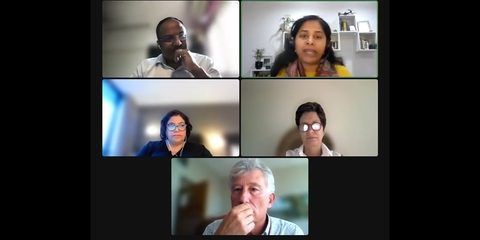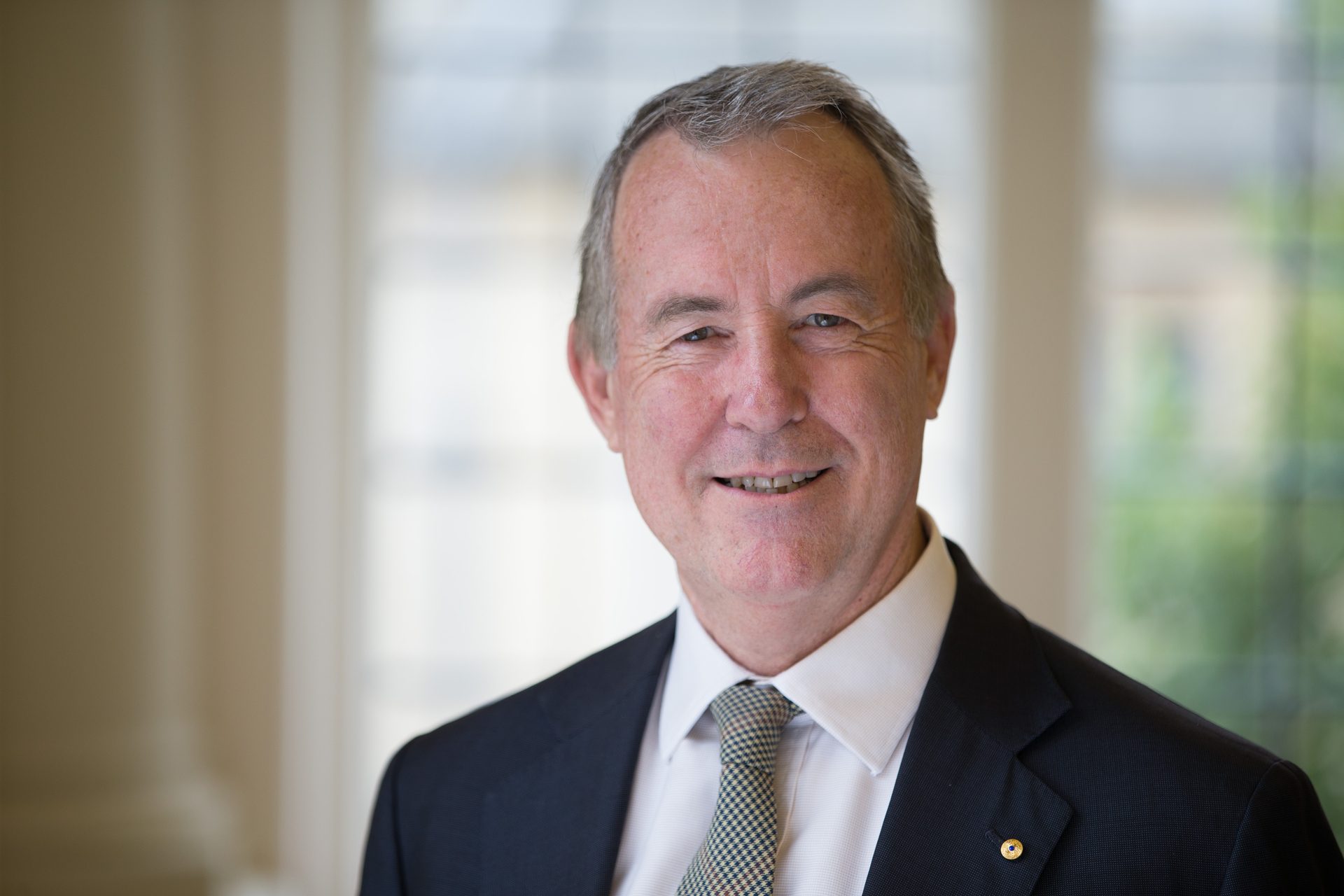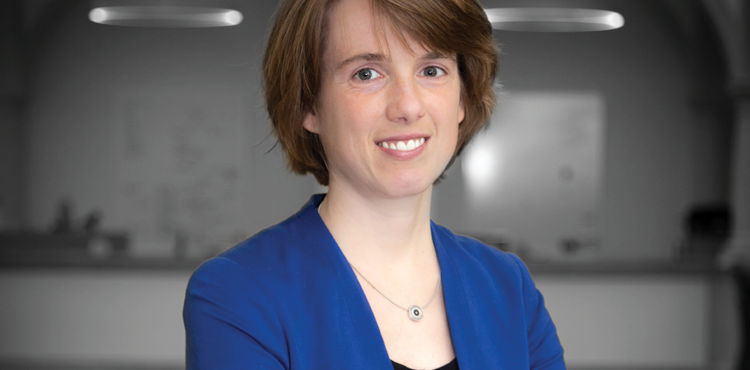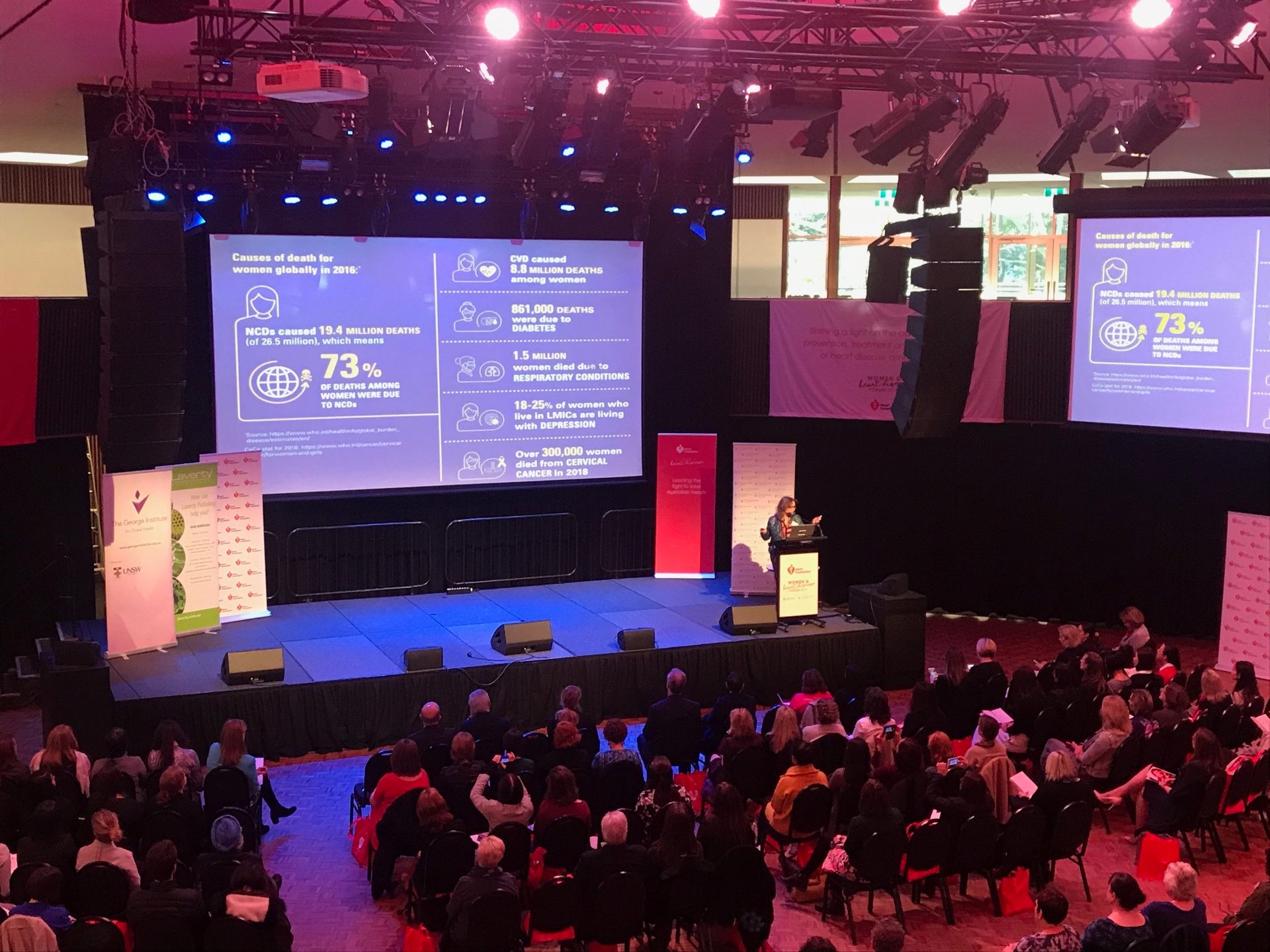Last month we celebrated the contributions of Professor Terry Dwyer to The George Institute for Global Health, UK with speeches over a team lunch and a public seminar (which you can watch back here). Terry is moving on from his position at the University of Oxford, in which he acted as Executive Director of The George Institute in the UK from 2014-18 and focused on research into children’s cancer and childhood risk factors for heart disease and cancer in adults.
Terry will be moving back to Melbourne with his wife, where he will continue his work with the Murdoch Children’s Research Institute. We caught up with Terry during his last week in the UK (amidst packing, parties, and paper-writing!) to hear his learnings, advice and highlights from his time with The George Institute. Thank you, Terry.
What initially attracted you to working at The George Institute?
The driving factor has to be the research opportunities presented by being with a group based in Oxford, itself at the epicentre of global medical research. By joining The George Institute, UK as Executive Director, I was able to help build the vision and work of the existent team, while extending the scope of my own research, through new and strengthened collaborations and financing.
What has been the focus of your research here?
To offer a bit of background, I went to medical school in Australia with the aim of becoming a clinician. However, a term spent at Harvard during my final year of Medicine was what prompted me to become interested in pursuing research. The lead clinicians there were doing research and after being involved with some of that I not only developed a greater interest but felt I might have something valuable to contribute. I realised that with my clinical background and aptitude for mathematics I was most likely to be successful in epidemiological research, with its promise of offering answers to clinical problems.
I have dedicated my professional life (some 45 years to date) to trying to find the best ways to prevent disease and plug evidence gaps, first looking at adult diseases, but have more recently focused on diseases of childhood, a life-stage that offers a critical window of opportunity to influence and understand future health.
By establishing and making use of cohort study datasets from around the world, tracking individuals from birth through childhood and into later life, I’ve been able to study cardiovascular disease and cancer to consider how health risks develop.
What has been your most significant research finding?
Many birth cohort studies, including those I established as part of the International Childhood Cancer Cohort Consortium, are only now reaching maturity. Through the data they provide, we are starting to identify how known risk factors for cancer and cardiovascular disease, when experienced in childhood, can impact outcomes in later life.
We are starting to publish this evidence and suggesting how observed connections might be relevant to wider populations, and what lifestyle or clinical management might help mitigate disease onset and progression.
How has your research impacted healthcare?
My team’s research into Sudden Infant Death Syndrome (SIDS, also known as cot death) recommended not positioning babies on their stomachs when they sleep. As is so often the case with research, individuals and projects contribute work to the wider puzzle until it finally comes together. Our research provided an important piece in that puzzle. Shortly after our findings were published, leading medical bodies such as the National Health and Medical Research Council in Australia recognised the importance of this evidence, and recommendations on sleeping position, based to an important extent on our evidence, have since been adopted the world over.
What piece of advice would you give to an early career researcher?
In research, answers are rarely easy to find, so determination and a long-term commitment are vital in order to succeed.
What’s next for you?
I’m looking forward to spending quality time with our children and six grandchildren who are now all based in Melbourne. I’ll also be continuing my research and writing up the emerging cohort findings, working from the Murdoch. No doubt teaching and collaborative working will still feature in my future, and I am now an Emeritus Professor of Epidemiology in the Nuffield Department of Women’s and Children’s Health at the University of Oxford, so you’ll see me visiting again before too long!
We wish Terry the best of luck in this new chapter.
Terry was interview by Haris Chaudhry. Haris is a 6th form student at the Cherwell School in Oxford, who joined The George Institute for Global Health at the University of Oxford in July 2019 for a work experience placement. He is currently working towards his A levels in English, History and Economics, and hopes to pursue English Literature studies at university.



